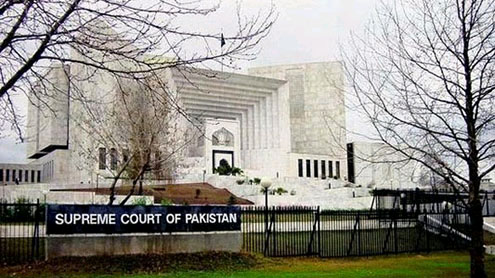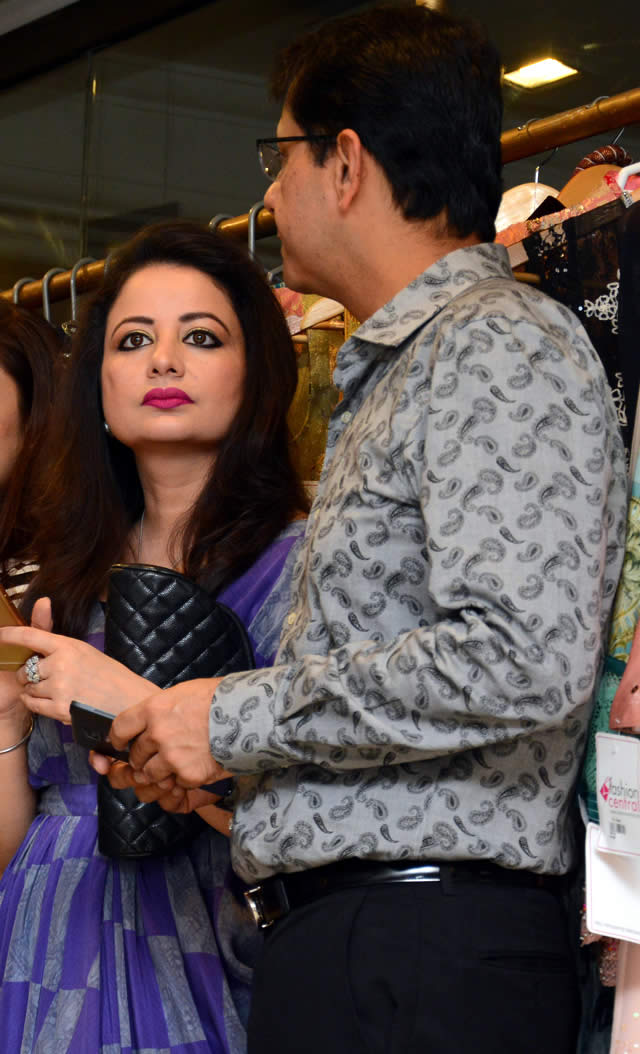Military, with the help of judiciary and politicians, have ruled the country for a longer duration than democratic governments and this has never allowed the democratic process to evolve in the country.However, after the 2008 elections and restoration of judiciary, it was believed that the democracy would be allowed to prosper by all the state institutions but it soon proved a mere dream as this time around, Supreme Court made its interventions and gave birth to a new Dictatorship.
Pakistan’s political history has been full of inefficient political governments and more than often interventions by the military elite. Since the time of independence, political instability has hurt the country and plunged the nation into darkness of dictatorship. Unfortunately, the masses have always accepted the military takeovers and democratic process has never been allowed to prosper in the country. For the last 65 years, we have witnessed how politicians themselves, being the torch bearers of democracy, have given supporting hand to military dictators, along with the judiciary giving the legal cover to all their acts.
After the whole judiciary saga in 2007, which resulted in unceremonious ouster of Gen Musharraf & resumption of democratic process, it was believed that the political and judicial elite of the country has grown mature and the country will experience evolution and strengthening of institutions as a result. However, these beliefs were shattered in the very beginning with re-instatement of judges deposed by Gen Musharraf becoming a bone of contention between the two largest parties PPP and PML-N.
Unfortunately, the politicians, instead of finding an amicable solution to the problem, went for an all out war and political point scoring on the issue and ultimately a phone call from GHQ ended the long march, clearly showing that the politicians still welcome intervention from military quarters. After restoration of judiciary, Pakistan started witnessing a new kind of intervention in the democratic process under the name of Judicial Activism.
Although, one cannot deny the fact that the current government’s tenure has been marred by bad governance, corruption allegations and their energies have been concentrated on keeping their rule intact rather than doing anything substantial for the country. But the role played by the judiciary during the last three years has been a major factor in destabilizing the country. Some of the prominent lawyers, media persons, members of the civil society and politicians, who were actively involved in the restoration of judges movement today question the impartiality and more harshly sanity of the Supreme Court.
Questions have been raised as to why cases against the democratic government and more specifically one party have been taken up by the court during the last three years and files against others have been kept under the carpet. Questions have been raised as to why decisions against the government have been made in haste, denying right to fair trial in some cases as well. Questions have been raised as to why the provision of Suo-Moto has been used by the court even in cases where it was not needed. Questions have been raised as to why no concrete decisions were made in cases where the defendants were probably too strong even for courts. All those dreams shown to people have now become nightmares and common man is thinking why he went out on roads in support of this judiciary, is this the free judiciary that we fought for?
The recent decision regarding the contempt of court against PM Gillani has once again raised many questions. Although, I am not a legal expert, but even then I just want to know that if a provision in constitution has given equal rights to every citizen, do we need the Supreme Court to interpret it? If the constitutional provision says that the national assembly members would be elected through direct public vote, do we need a clarification on it from the court? If the answers to above questions are in negative, how come we need the honorable Supreme Court to tell us whether the President of Pakistan has immunity against the cases in the whole world?
Why do the lawyers need to argue in the court on something which is crystal clear? The fact of the matter is that recent judgment of the apex court on contempt issue has been the worst example of judicial activism, wherein chief executive of the country has been convicted for flouting the court order although it is very clear that the court order itself has serious legal flaws. Furthermore, he has been charged under disobeying the court order but convicted under ridiculing the court, which again is surprising as well as questionable.
The role of some politicians in these circumstances is also very interesting. PML-N, immediately after the verdict, pounced upon the opportunity to score some points and declared PM Gillani ineligible without even reading the full text of the short order issued by the court. Till the writing of this column, Supreme Court has not announced the full verdict and PML-N has already lodged a movement to remove PM Gillani from his post. PTI, though announced that they would give their reaction after the full verdict is released, they too went for a pro judiciary rally thus once again politicizing the whole affair and craving for political mileage against PPP and each other.
What the two parties do not understand or probably want to understand is that democracy in Pakistan is too young to play with. Role of judiciary and support of every single decision made by the court (be it right or wrong) will not hurt PPP more than it would hurt democratic process. The current government has been chosen by the people of Pakistan. They have been given a mandate for 5 years and only people, not Supreme Court, have the right to send them packing by voting them out. We do not need to go far, we have India very close to us, where democracy has never been compromised in the name of national security or free judiciary. – Waqas Iqbal
Writer is a banker by profession













